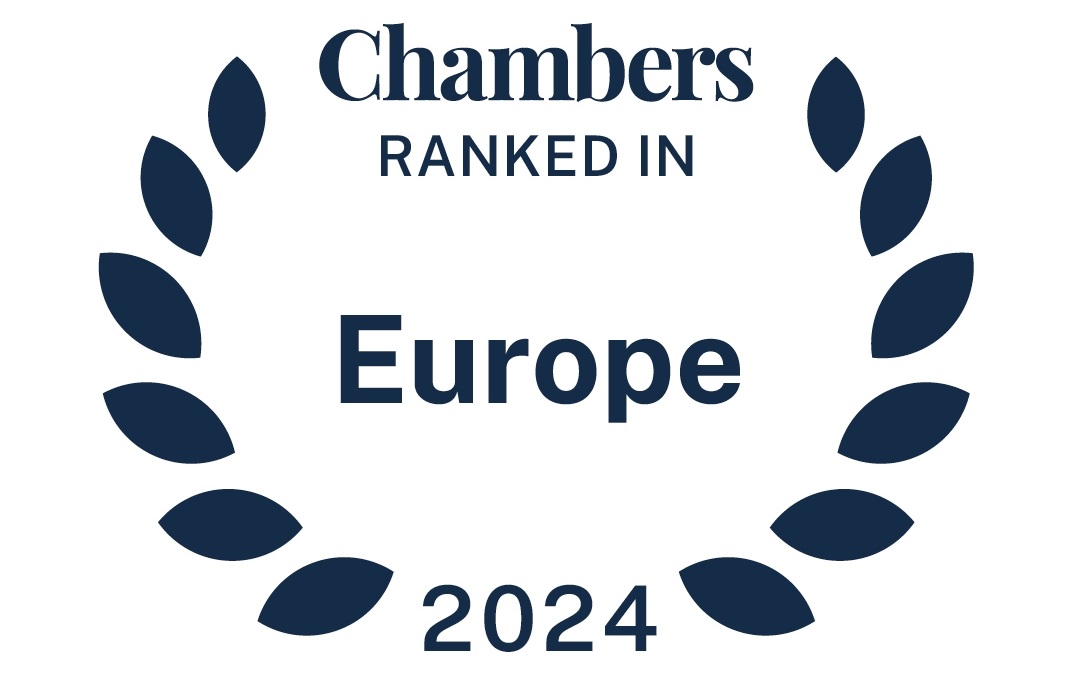Where a transaction is carried out by an investment fund, the question of which investors should be disclosed under Foreign Direct Investment will eventually surface. We consider the necessary disclosures under French, US and UK FDI screening.
There is significant potential for divergence as to how new(er) FDI rules are applied in practice, in particular in relation to common structures used by private equity. One question that arises regularly is whether the FDI regimes are catching the limited partner investors (LPs) in the same way as any other direct investors.
In France, this point has been settled by the Conseil d’Etat (Supreme Administrative Court).
Under the French FDI rules, a foreign investor is any legal entity governed by foreign law or any legal entity governed by French law controlled by one or more persons or legal entities of foreign or French nationality not domiciled in France. The chain of control is defined as the entity formed by this foreign investor and the persons or entities that control it. All persons and entities belonging to a chain of control are investors for the purposes of FDI regulation.
The Conseil d’Etat ruled that in the case of foreign investments made in France by an investment fund, the application for prior authorization must include the identity of the fund manager and the persons controlling it, but not the identity of all the investors.
This ruling came about after the French Minister of the Economy authorized FII Co, a Luxembourg-registered company indirectly held by two investment funds managed by Warwick Capital Partners LLP, a company incorporated under English law, to take control of B. Industries, which specializes in the manufacture of various fibers for the automotive, aerospace and electronics industries. According to the ruling of the Conseil d’Etat, in the case of a transaction carried out by an investment fund, it is only mandatory to indicate the identity of the manager of the fund and, where that manager is itself a legal person, the identity of the natural persons or public bodies controlling it.
The US rules: the limited investment fund exception.
Regarding FDI reviews in the United States, CFIUS’ treatment of investment funds may be governed by an “investment fund exception” in the CFIUS regulations, providing for treatment similar to what is described above under French FDI rules.
Under section 800.307 of the CFIUS regulations, where an investment fund is controlled by a general partner that is not a foreign person and any foreign LPs are only passive investors, CFIUS does not consider the investment fund to be a “foreign person.” In any such case, the investment is not considered as a covered transaction subject to a CFIUS mandatory filing.
However, where the investment fund as investor in a US business is itself a foreign entity – i.e., it does not satisfy the investment fund exception under the CFIUS regulations – CFIUS has made clear in published guidance that it will consider even passive investor LPs in a review of the transaction.
Filing on a technicality in the United Kingdom, for least risk?
The United Kingdom introduced an FDI screening mechanism two years ago.
Under the National Security and Investments Act 2021 (NSI), a mandatory notifiable acquisition takes place when a person gains control of a qualifying entity in one of the seventeen sensitive sectors listed in the NSI Act. To this end, the regime introduced formalistic thresholds for when a sufficient level of “control” is assumed.
The first level is the acquisition of 25% or more of the shares or voting rights. In this situation, the LPs themselves could be caught in the same way as other direct investors. The act does not explicitly differentiate between passive and direct investments. Often, a passive investor’s investment may be included in the individual filing made by the fund manager on their behalf.
It could be argued that a “blind” non-voting LP interest (with no other rights, other than limited information rights) would be insufficient to exercise control. In other constructs, the analysis may require a detailed assessment of the LPs’ governance rights and information flows in relation to the underlying entity or asset, including whether the LPs’ interest (i) is voting or non-voting, (ii) will ultimately be diluted as more investors commit funds, (iii) provide the ability to influence decisions at the portfolio company level, e.g. by way of the GP.
In the event that a filing is made by the fund manager, on a precautionary basis, the LP could be listed as an acquirer. In any case, the filing requires a post-acquisition structure chart of all persons and entities that will, hold directly or indirectly, more than 5% of the target entity.
In November 2023, a consultation was launched, with the UK Government seeking input on how to make the process more business-friendly. The consultation closed in January 2024, and while the UK Government has made clear it will not result in a change to primary legislation (i.e. the Act itself), since closing the process, the authority has updated its guidance. While the guidance does not clarify the issue of dealing with passive investments, the updates on a rolling basis however leave open the possibility that the question will be dealt with sooner rather than later.




